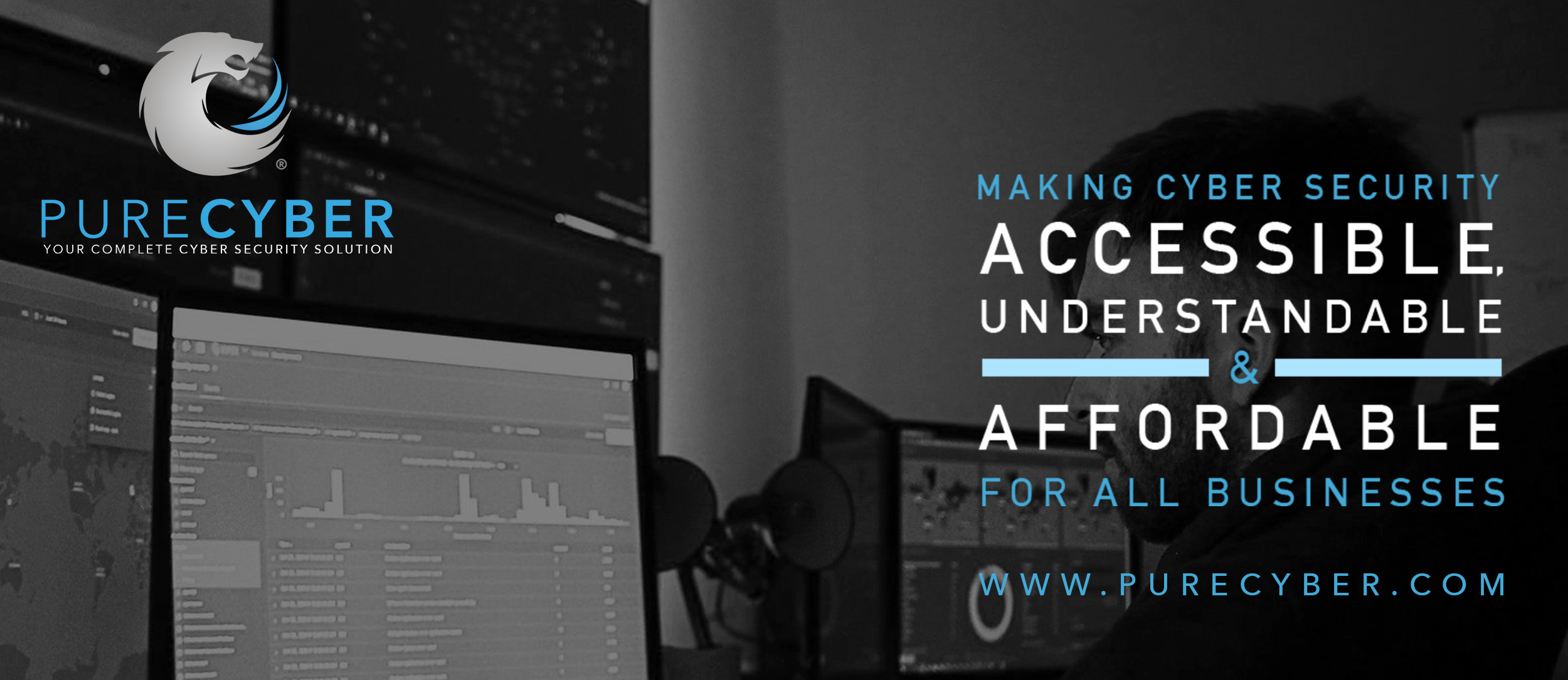An inclusive leader embodies a commitment to equality, diversity, and inclusion (EDI) that extends beyond words into deliverable actions and embeds EDI into the organisation’s culture. Organisations should actively prioritise the representation and well-being of all staff, ensuring that everyone feels valued and able to contribute fully.
Inclusive leaders must possess key traits such as empathy, awareness, and adaptability, and demonstrate a proactive commitment to listening and learning.
Additionally, accountability is an essential trait. Leaders must hold themselves and others accountable for meeting EDI objectives, ensuring that commitments and actions are measurable and seen through.
EDI leaders should recognise and appreciate individual differences, such as background, identity, or perspective, as strengths that contribute to innovation and success, especially in today’s diverse and rapidly changing work environments.
In practice, EDI leadership is about creating an environment where diversity is not only represented but integrated into decision-making processes. This includes ensuring recruitment, promotion, and performance evaluation policies and procedures are free from bias and reflect a commitment to equitable treatment.
When implementing these EDI policies into everyday practice, leaders must ensure that these initiatives are more than isolated projects or the responsibility of a single person or, in many cases, the HR department. It goes beyond policy. It’s about the principles being at the core of an organisation’s values and integrated across company and personal objectives at all levels, ensuring ongoing engagement across all staff.
Women in cybersecurity
One of the ongoing EDI challenges in the cybersecurity industry is the underrepresentation of women. In 2022, it was reported that women make up only 25% of the cyber security workforce, with predictions only rising to 30% by 2025. This is influenced by various factors, including limited early exposure to computer science or cyber security as a career path for young women, a shortage of visible female role models and the industry being an already male-dominated field. Additionally, this imbalance can inadvertently create an environment that some women may find uninviting or feel discouraged from entering.
Many organisations, including ours, are committed to addressing this challenge through proactive partnerships and outreach initiatives specifically aimed at encouraging women to pursue cyber security career paths.
CyberFirst – inspiring inclusive access to cybersecurity careers
At PureCyber, we have partnered with CyberFirst, an initiative by the National Cyber Security Centre (NCSC) dedicated to educating and inspiring young people from all backgrounds to consider careers in cybersecurity.
CyberFirst offers a range of programs specifically designed to engage students in schools and colleges, with some initiatives focused directly on encouraging young girls to explore and pursue cyber security from an early age.
By supporting initiatives like CyberFirst, we are working to create a more inclusive pipeline of talent, ensuring that the future of cybersecurity is shaped by a broader range of voices, backgrounds and experiences.
In today’s dynamic work environment, inclusive leadership is essential for building cultures of EDI that extend beyond company policy and are embedded into everyday practice. While the journey is complex and evolving, with commitment from organisations and leaders, we can drive meaningful and lasting change.



